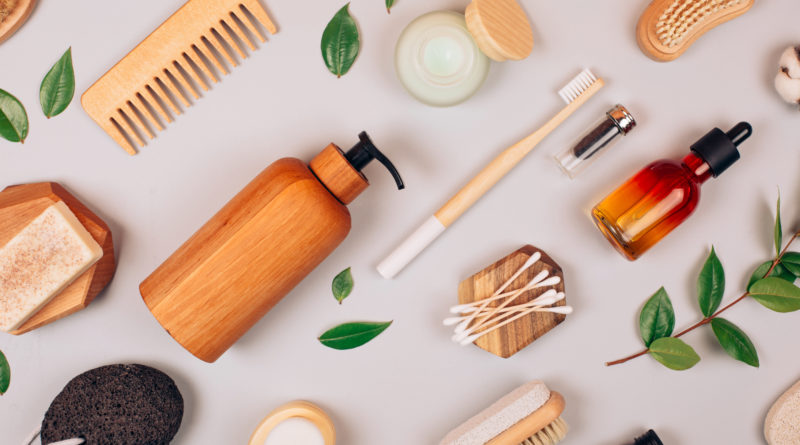What Exactly Is Self-Care?
853 total views, 1 views today
“Self-care” has become a popular buzzword in recent years as increasingly more people talk about its importance. The term “self-care” can seem vague since, in theory, you take care of yourself every day. On the other hand, since there are so many ways to take care of yourself, starting your self-care journey may seem daunting. Below, discover what exactly self-care is and the different ways you can practice it.
Self-care is the little things
Although the concept of self-care can sound nebulous, several organizations and researchers focus on its concrete health benefits when explaining it. The World Health Organization (WHO) defines self-care as the act of promoting health, preventing disease, and practicing healthy coping mechanisms for illness and disability.
The concept of self-care encompasses everything related to staying physically healthy such as nutrition, daily hygiene, hobbies, and seeking medical care when needed. Practicing self-care in these ways can help you attend to your health, well-being, and stress levels.
Self-care isn’t entirely the same as self-improvement
Many people mistake self-care with self-improvement, but they’re not entirely the same. Sometimes, when people are on a self-improvement journey, they develop a mindset in which they only practice self-care when they feel worthy of doing so, often after achieving a goal. Self-care, on the other hand, is about nurturing yourself in the present regardless of whether you’ve reached any goals.
Self-care is the occasional unusual fun thing
Great self-care activities can include things you don’t do every day such as having a hot bubble bath, going to a spa, or eating your favorite dessert. This form of self-care is called transitory self-care since it comprises quick ways to feel good. Every once in a while, perhaps once a week, you can count on your favorite transitory self-care activity to feel good.
Self-care isn’t avoiding your obligations
Transitory self-care brings up an important point: Although some people believe that taking care of yourself is an act of self-involvement, self-care doesn’t mean self-indulgence or being selfish. For example, excessively drinking, overeating, procrastinating, or spending too much time online are not acts of self-care.
Self-care is making time for what and whom you love
Being social and making time for your hobbies are acts of self-care. Whether you find yourself super busy or you’re facing circumstances that make being social more challenging, talking to your friends and maintaining your close relationships are beneficial for your mental health. If you’re facing difficulties maintaining close friendships, then try to consciously put more effort, time, and energy into contacting your friends. Try video calls or online games as ways to bond with your friends.
Additionally, having hobbies can be very enriching. Hobbies can include cooking new recipes, playing sports, reading, learning an instrument, or gathering a set of collectibles. You can also join virtual groups to make new friends who have the same hobbies as you. Being social with your hobby (or just doing it alone) can be a meaningful self-care method for improving your everyday life and well-being.
What are your favorite self-care practices? Share your thoughts in the comments!

